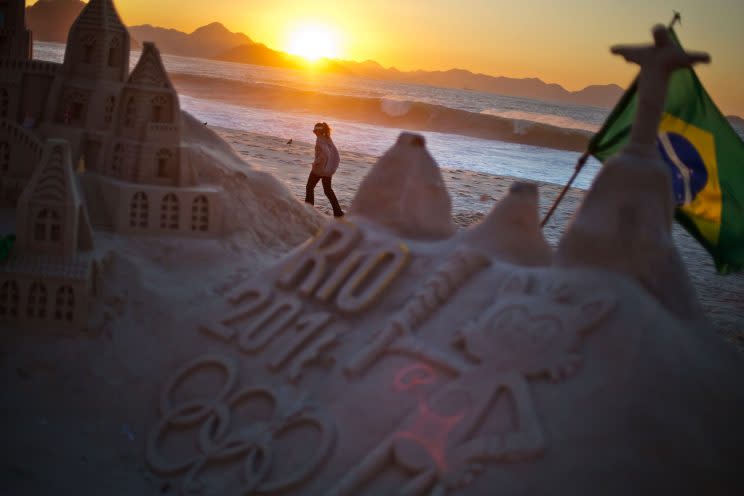Australian athletes banned from Rio beaches, walking at night

Medal count | Olympic schedule | Olympic news
Crime has become an issue at the Rio Games and the Australians aren’t taking any chances.
As more athlete get done competing and get ready to party, the country’s athletic committee has banned its athletes from stepping foot on the sands of Copacabana and Ipanema beaches after dark.
It’s also requiring all travel to be done by car, not by foot, even for short distances.
The news comes after U.S. swimming star Ryan Lochte and three of his teammates were held up at gunpoint on Saturday night. Two Australian rowing coaches were also held up on Ipanema Beach earlier in the games.
“Security is our primary concern for our athletes and team members,” Australian Olympic Committee Olympic chief Kitty Chiller told ESPN. “[Security director] Greg Nance met with our team directors and for those sports who have finished their competition, we have introduced further security protocols, especially for those traveling to the Ipanema and Copacabana area to ensure above all else we keep our team members safe.
“We reiterated our initial protocols, which is they should travel in groups of three. We have put now the actual sand on the Ipanema and Copacabana beaches off limits [from 6 p.m. to 6 a.m.]. There has been an increase in petty criminal – but still criminal – activity on the beaches.
“If traveling at night after dark – between 6 p.m. and 6 a.m. – that is only by vehicle, not by foot even if you’re going 400 or 500 meters.”
Given the nature of some of the crimes, Australian officials would probably prefer their athletes not leave the Olympic village at all. Lochte and his teammates were traveling in a taxi and were nowhere near either beach when they were pulled over by criminals impersonating security guards.
Meanwhile, there were reports that the members of the Australian men’s rugby team were far from model citizens after a drunken night out in Copacabana. After ambling back into the Olympic Village at 9 a.m., Chiller said she read the team “the riot act” though she stopped short of sending any athletes home.



